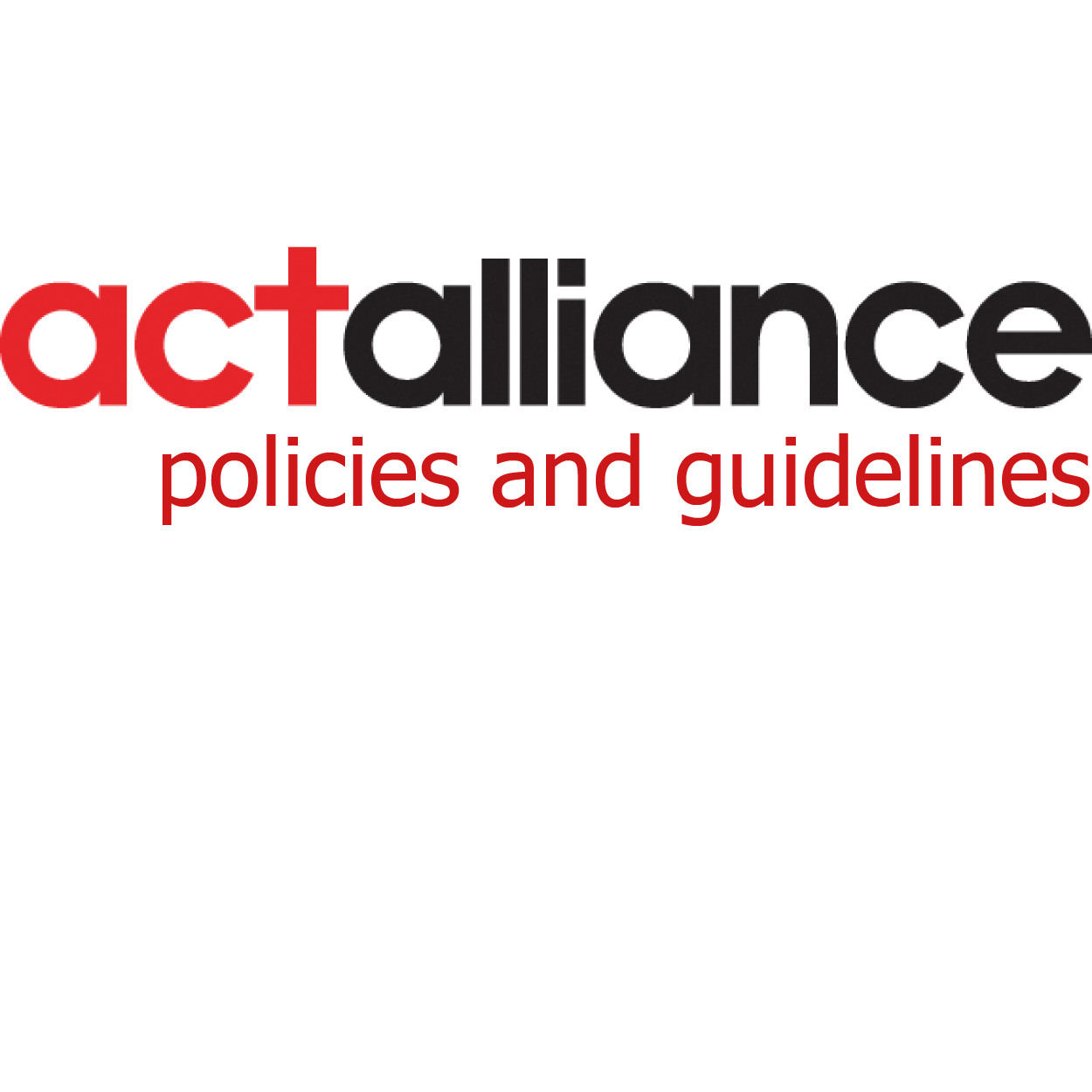This position paper is founded on the concern within our organisations around the persistence of poverty and growing inequality inmany countries around the world. Both these issues have been well-documented in successive UN Human Development Reports. Despite increasing global prosperity in the last decades, relative and absolute poverty in many countries in the South continues.
More than a quarter of the world’s population survives on the equivalent of less than one US dollar per day. Almost half strugglesto survive on less than two. The first of the Millennium Development Goals – the reduction of poverty and of the number of hungry and malnourished- is where least progress has been achieved.
The FAO notes that the number of hungry and malnourished has increased since 1996. This persistence of poverty remains alarming, particularly given the wealth and possibilities at the disposal of mankind. Resources, knowledge and skills are available to develop and implement policies that could and should contribute to a sharp decline in poverty. It is this gap between what is possible and what is actually being done, together with the clear signs of a general lack of political will to address theses issues, that encourages us to explore how we and our partners can act and work together more effectively to contribute to better policy answers to the current challenges.
Enrichment and exclusion are not necessarily but are often two sides of the same coin. It is entirely feasible to redistribute welfare gains more equally within a society in such a way that even the poorest segments of a society can eventually escape poverty. However, too often policies stimulate the enrichment of small elites and lead to or cement the social exclusion of poor and marginalized groups.
This paper elaborates on these issues and is available in English, French and Spanish.
Joint Position Paper_ENG-scherm
Joint Position Paper_FR-scherm
Joint Position Paper_SPA-scherm
(ACT Policies and guidelines)

